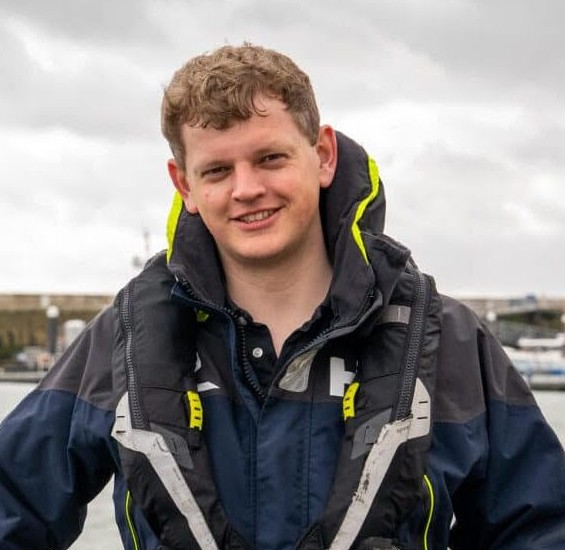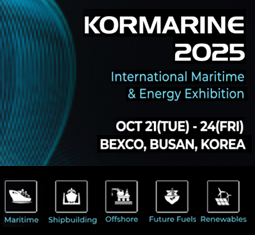Issue ZELIM URGES ADOPTION OF ADVANCED SITUATIONAL AWARENESS TECHNOLOGY TO P…
페이지 정보
작성자 최고관리자 댓글 0건 조회 39회 작성일 25-09-04 09:35본문
ZELIM URGES ADOPTION OF ADVANCED SITUATIONAL AWARENESS TECHNOLOGY TO PREVENT SHIP COLLISIONS

Sam Mayall, Zelim CEO and Founder
Zelim, the Edinburgh-headquartered maritime safety and security innovator, is calling for the mandatory adoption of advanced situational awareness technology to help prevent ship collisions, reduce fatalities, and improve operational safety at sea.
The call follows the recent publication of the Marine Accident Investigations Board’s (MAIB) 2024 Annual Report, which noted: “We need to radically rethink the role of human watchkeepers in the digital age. Humans do not make good monitors and if under-stimulated, they will find other things to occupy themselves.”
This was also reinforced in MAIB's preliminary report on the Solong and Stena Immaculate incident in the North Sea, where the lack of real-time situational awareness contributed to the severity of events.
On 10 March 2025, the Portugal-registered container ship MV Solong collided with the anchored oil tanker Stena Immaculate near the Humber Estuary, rupturing a cargo tank and triggering a major fire. Thirty-six crew were rescued; one seafarer remains missing and presumed dead.
Zelim CEO, Sam Mayall, said: “We wholeheartedly support the MAIB’s position on this. By combining AI-powered cameras and real-time alerting, advanced technologies such as our ZOE system can help crews act faster, prevent incidents from escalating, and provide trusted records post-event. Beyond preventing collisions and man-overboard incidents, these systems can also provide critical forensic data to support investigations and regulatory compliance. Crucially, today’s situational awareness technology reduces reliance on human vigilance alone, allowing crews to focus where their judgment and experience matter most.”
India has already taken decisive action to reduce the risk of collision and lives lost to man-overboard incidents. Earlier this year, its Directorate General of Shipping mandated CCTV systems on all domestic vessels of 500 GT and above, with full implementation required by 2028. The regulation specifies comprehensive camera placement, resolution standards, and integration with AI-based monitoring. It is designed not just for surveillance, but for proactive detection, tracking, and alerting to protect lives at sea.
“Voluntary measures are no longer enough. To strengthen safety and security at sea, global regulators must follow India’s lead and mandate advanced situational awareness solutions. Smarter ships result in safer sea,” added Mayall.
■ Contact: Zelim www.zelim.com












